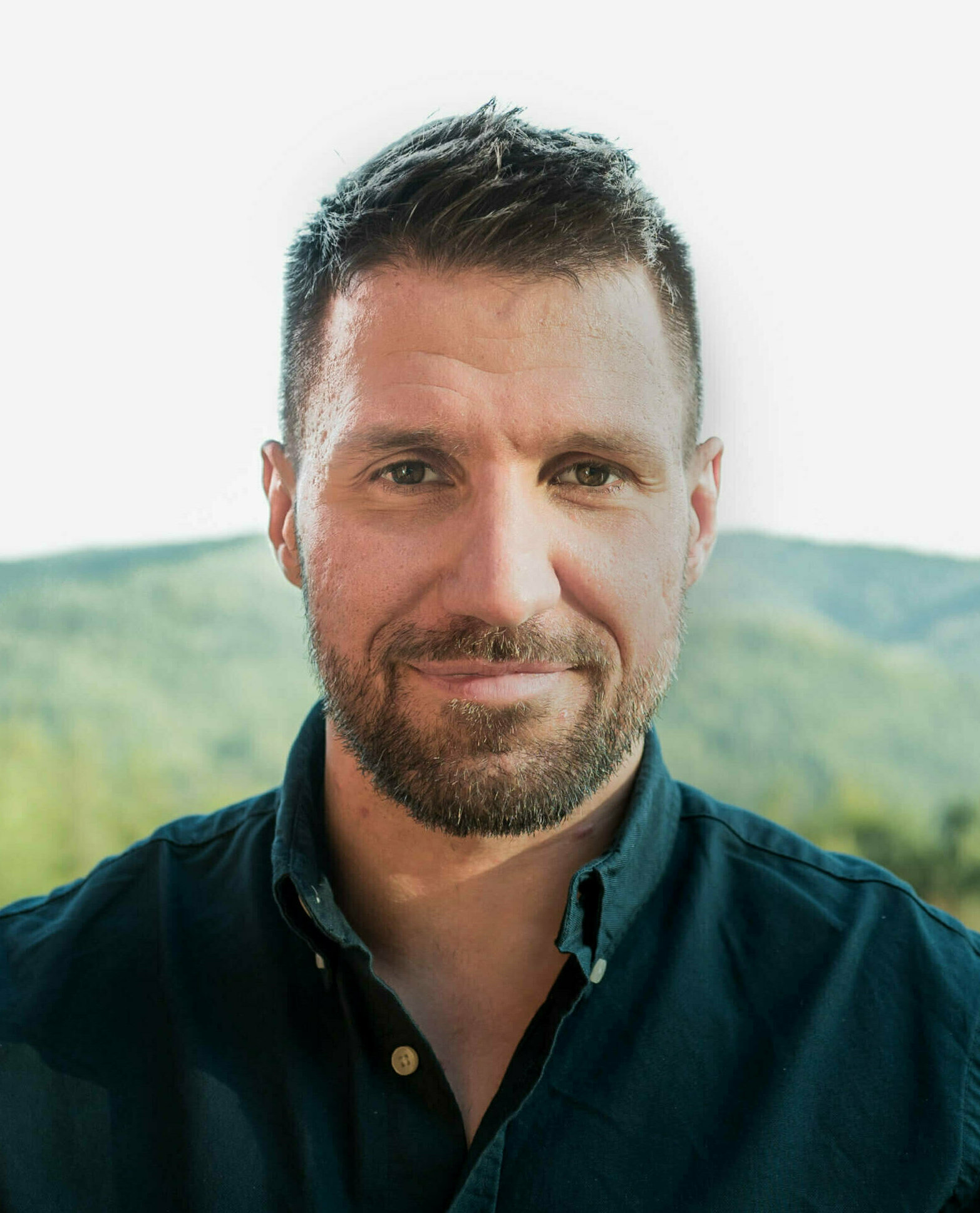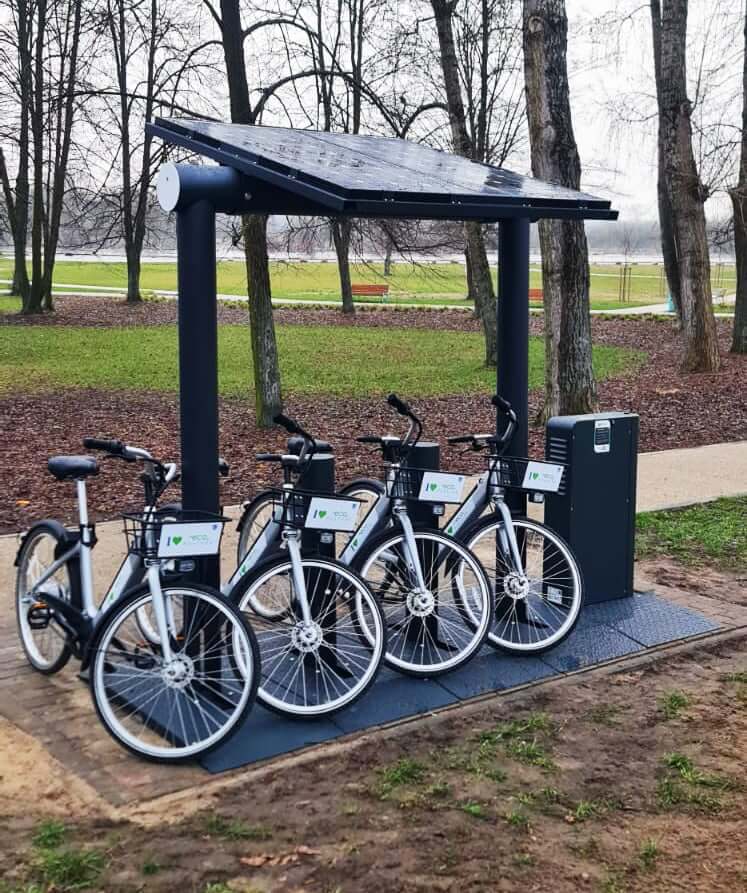In March 2024, SEEDiA, in collaboration with the city of Pułtusk and Roovee, launched a pioneering project that may be considered the first of its kind in Europe, and possibly even in the world.
This project is based on the use of advanced infrastructure for solar electric bike chargers and an intelligent, solar-powered bus shelter, which has made it possible to introduce city electric bikes for public use. This initiative ensures that the bikes are fully powered by clean solar energy, which not only encourages residents to use them more frequently but also contributes to a significant reduction in operational costs associated with city services.
At the same time, this project has increased the attractiveness of public transport in Pułtusk, making it more intuitive for residents. By integrating the city bike with traditional forms of public transportation, we have created a real communication hub, supporting smooth transfers and facilitating daily travel.
The solar bus shelter is equipped with an e-paper display that shows current schedules and can be remotely managed through the incity.io platform provided by SEEDiA. This allows the operator, the city company Eko Pułtusk, to quickly implement changes in schedules, optimizing the network of connections based on collected data.
In the context of the growing popularity of bicycles and the transformation of public transport, our project in Pułtusk reflects global trends. The European Cyclists’ Federation (ECF) and reports from the European Commission emphasize the increasing importance of investing in bicycle infrastructure and integrating various forms of transport to achieve environmental and social goals.
Together with our partner, we plan to further expand the system with new locations for charging city bikes with solar energy, optimizing transfer points. Moreover, the stations are equipped with air quality and gas sensors, allowing for the analysis of the system’s impact on improving air quality, reducing CO2 emissions, nitrogen dioxide emissions, and reducing noise in the city. In summary, our project carried out with the city of Pułtusk and its residents represents an important step forward towards sustainable urban mobility. The expansion of transfer centers and the construction of mobility hubs will play a very important role in the development of cities and towns. The project in
Pułtusk demonstrates that innovative technological solutions can significantly improve the quality of life in cities, confirming our role as a leader in urban innovation and showing the way for the sustainable development of future cities.


